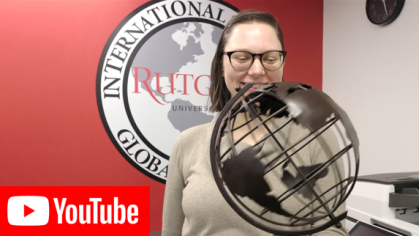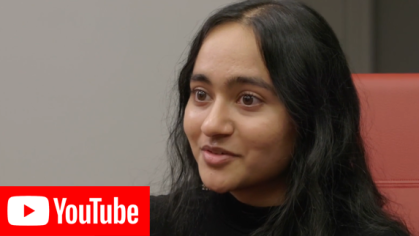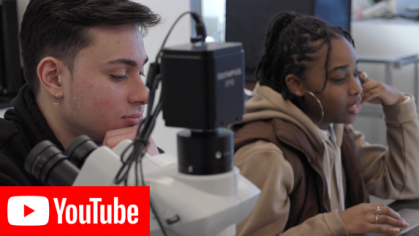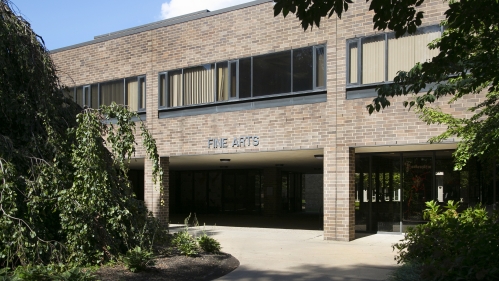
Chancellor's Experiential Learning Fund
Continuing our tradition of offering students transformational learning experiences, the Chancellor's Experiential Learning Fund gives you access to a world of one-of-a-kind opportunities to level up your education and invest in your present and future success.
$3,000 For Experiential Learning
All first-time, matriculated Rutgers-Camden undergraduate students who enrolled in Fall 2022 or later and maintain a cumulative grade point average (GPA) of at least 2.5 are eligible to apply for a one-time award of up to $3,000 from the Chancellor’s Experiential Learning Fund to support their participation in a travel, internship, or research experience.
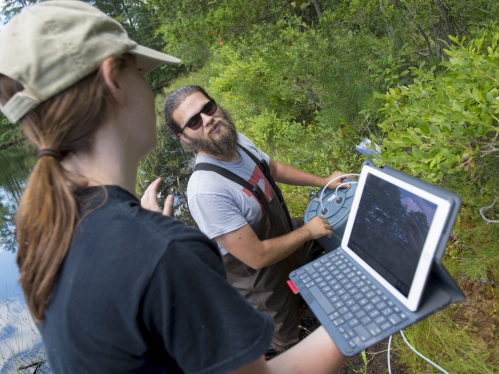
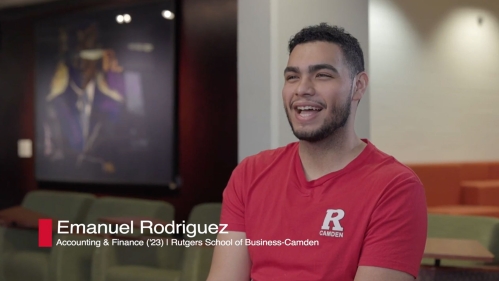
Chancellor's Experiential Learning Fund
How Can You Use the Experiential Learning Fund?
The Chancellor's Experiential Learning Fund can be used to:
-
Pay fees associated with a learning abroad, study away, or study abroad experience.
-
Receive a stipend for participation in an unpaid internship or research experience.
-
Purchase materials and supplies for independent research or creative activities conducted under the supervision of a faculty member.
-
Travel to an academic or professional conference to present original research or creative activity.
Next Steps
These are the kinds of experiences that can’t be recreated in the classroom. They deepen your understanding of the world and how you interact with it. At Rutgers–Camden we believe this is the best way to prepare students for life after college.
Ready for the experience of a lifetime?
Questions?
For questions, please contact Olivia Glenn, Chief of Staff.
